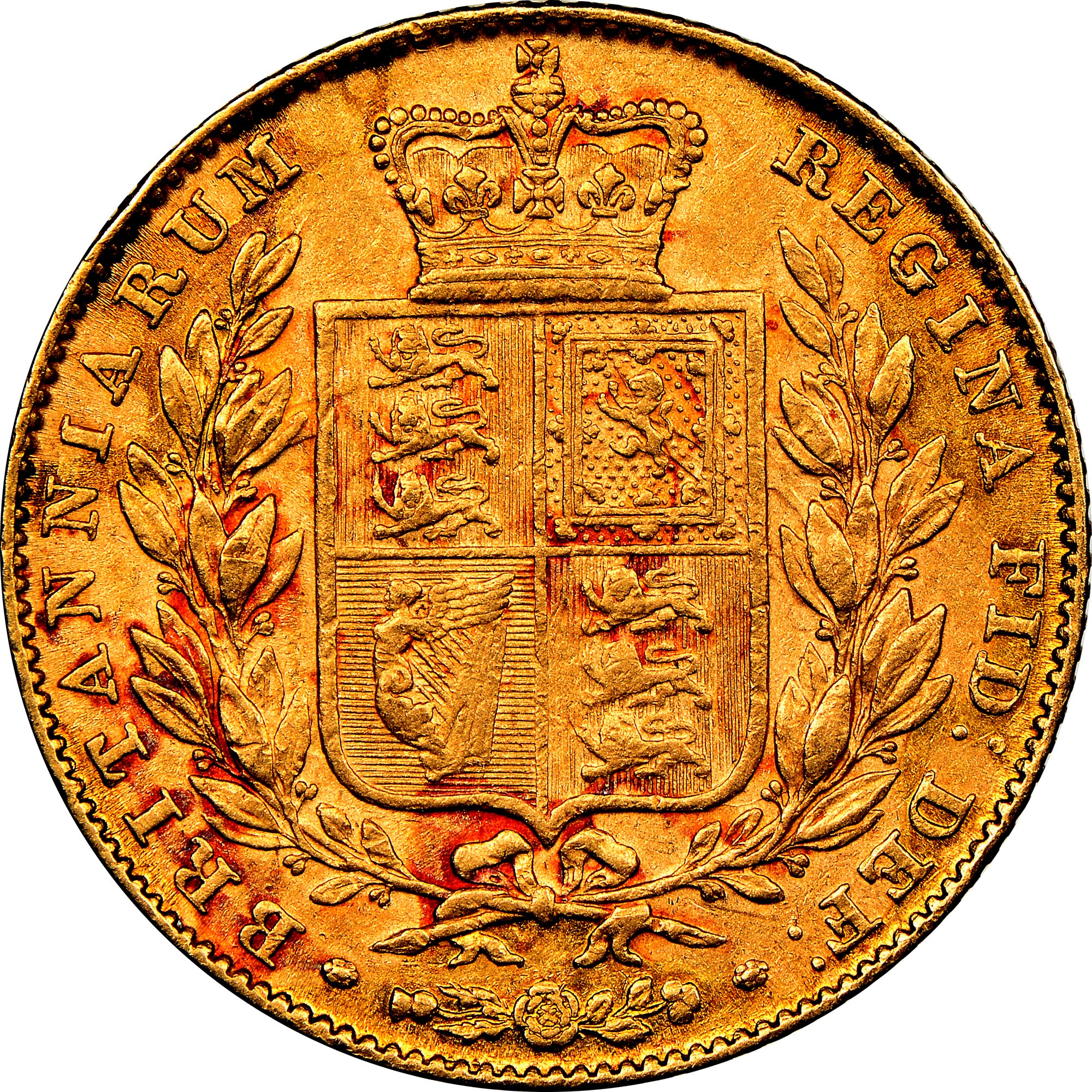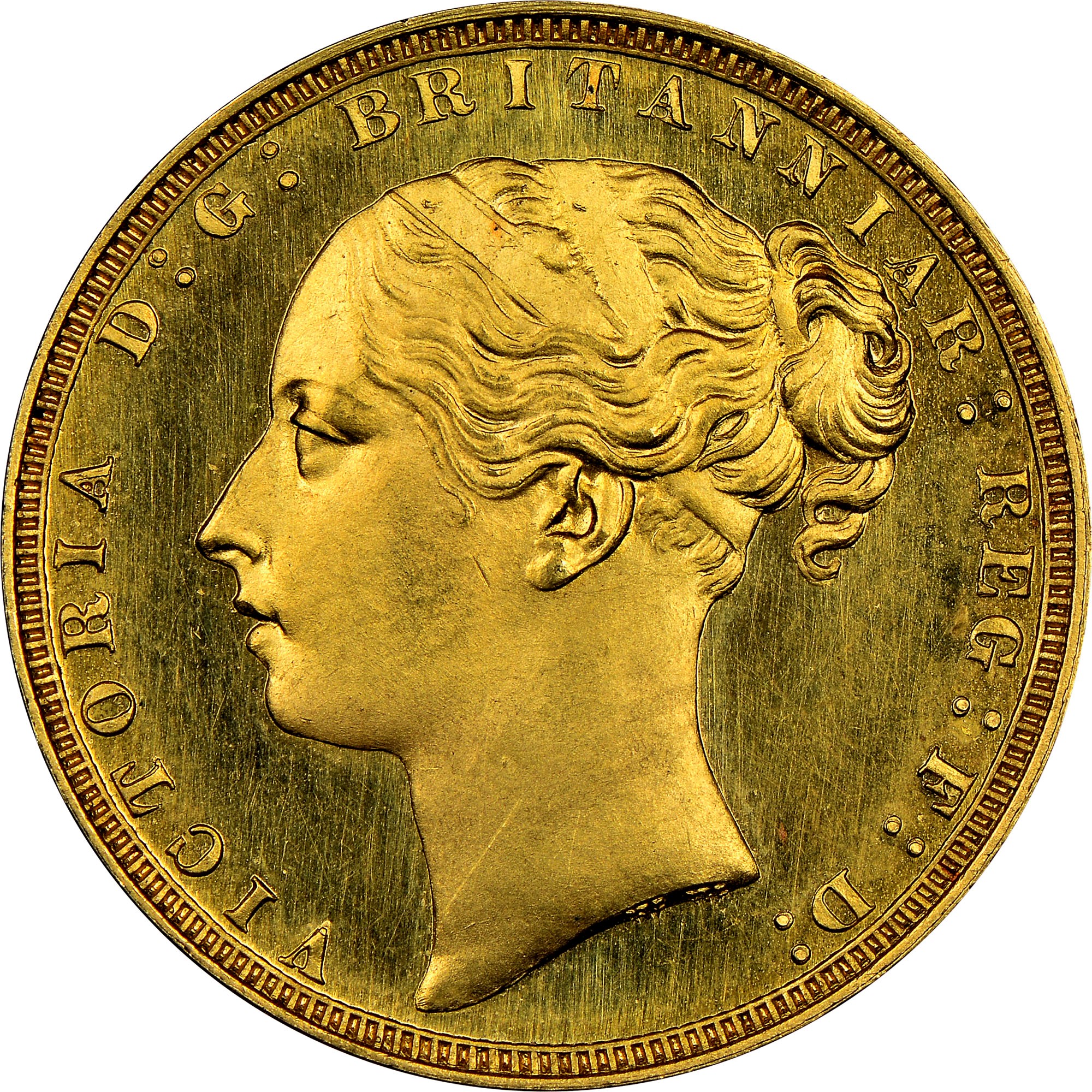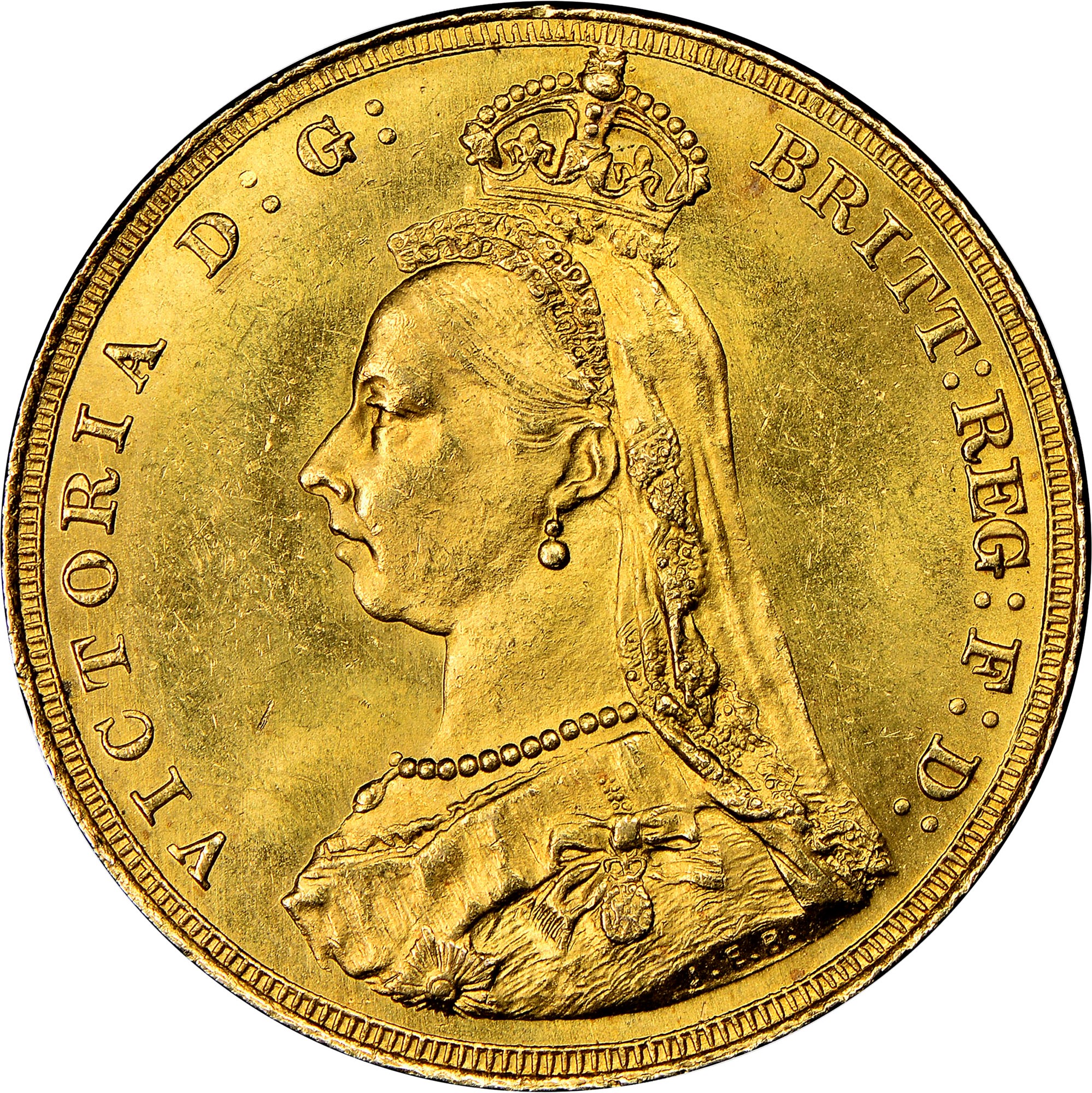
Britain, or the United Kingdom (UK), is a country located in Europe. It is made up of four countries, namely England, Scotland, Wales and Northern Ireland. The UK has been a sovereign state since the Acts of Union in 1707, which merged the Kingdoms of England and Scotland. However, the question of whether Britain is still a sovereign state has been raised in recent years.
What is a Sovereign State?

A sovereign state is an independent state that has the power to govern itself without interference from external forces. This means that the state has complete control over its own affairs, including its laws, economy, and foreign policy. A sovereign state is also recognized as such by other sovereign states.
The Issue of Sovereignty in Britain

The issue of sovereignty in Britain has been brought to the forefront due to the Brexit referendum in 2016. The referendum saw the UK vote to leave the European Union (EU), which is seen by some as an infringement on the country's sovereignty. The EU has regulations and laws that member states must abide by, which some argue limits the UK's ability to govern itself.
However, others argue that the UK is still a sovereign state despite being a member of the EU. This is because the UK retains control over its own laws and can choose to opt-out of certain EU policies if it wishes to. The UK also has its own currency, the pound sterling, which is a symbol of its economic independence.
The Role of the Monarchy in Sovereignty

The monarchy, headed by Queen Elizabeth II, is also seen as a symbol of Britain's sovereignty. The Queen is the head of state and represents the country both domestically and internationally. The role of the monarchy is mostly ceremonial, but it is still an important part of the country's identity and culture.
The Devolution of Powers

The devolution of powers from the UK government to the Scottish Parliament, Welsh Assembly and Northern Ireland Assembly has also raised questions about Britain's sovereignty. These bodies have the power to make laws and govern their respective regions, which some argue undermines the power of the UK government.
However, others argue that devolution strengthens the UK's sovereignty by giving more power to the people and increasing their involvement in decision-making processes. Devolution also recognizes the unique identities and cultures of the different regions of the UK.
Conclusion

In conclusion, Britain is still a sovereign state despite the challenges it faces. The country has control over its own affairs, including its laws, economy, and foreign policy. The monarchy and devolution of powers also play important roles in the country's sovereignty. However, the issue of sovereignty will continue to be debated, especially in light of Brexit and the changing political landscape in Europe.